How To Increase Serotonin
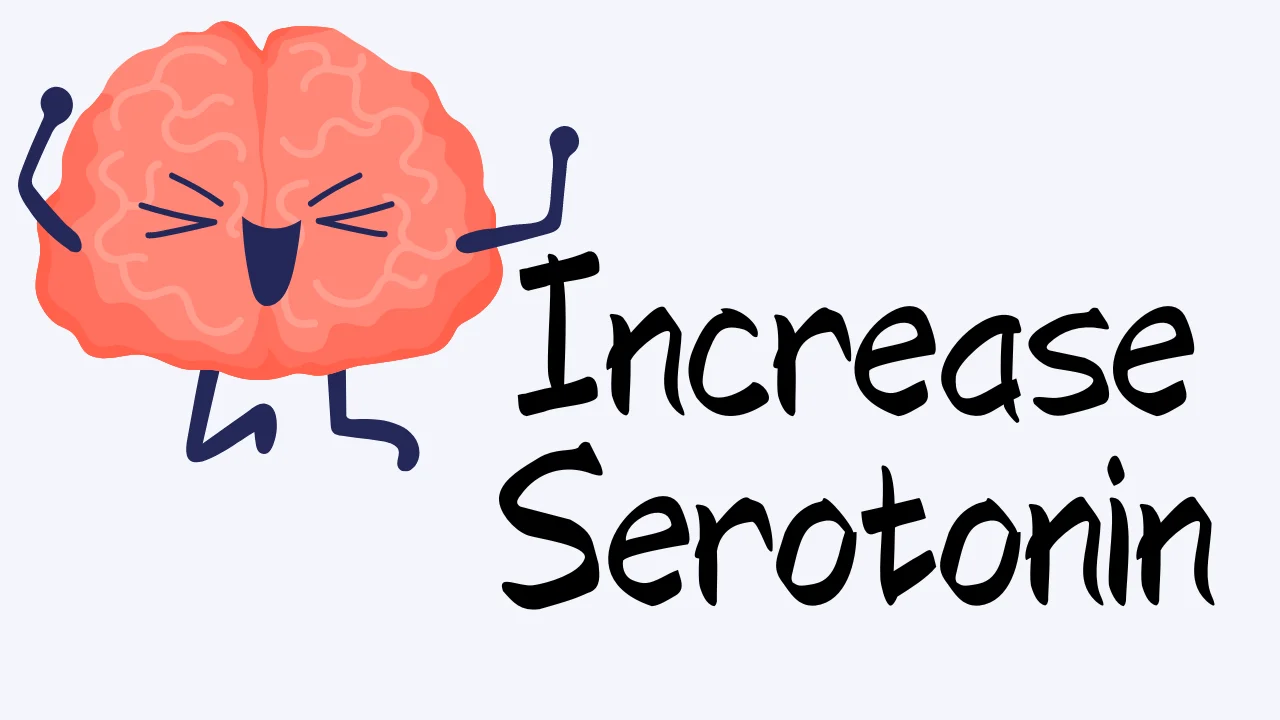
Levels of serotonin, naturally and with supplements, are crucial for maintaining mental and emotional well-being.
Low serotonin levels can lead to symptoms like depression, anxiety, insomnia, and irritability.
We will explore the importance of serotonin, symptoms of low serotonin levels, and ways to naturally boost serotonin production.
We will also discuss supplements that can help increase serotonin levels and when it may be necessary to seek professional help.
Discover how optimizing your serotonin levels can improve your mood and overall health.
What is Serotonin?
Serotonin, known as the happiness hormone, is a neurotransmitter that plays a crucial role in regulating mood, emotions, and well-being.
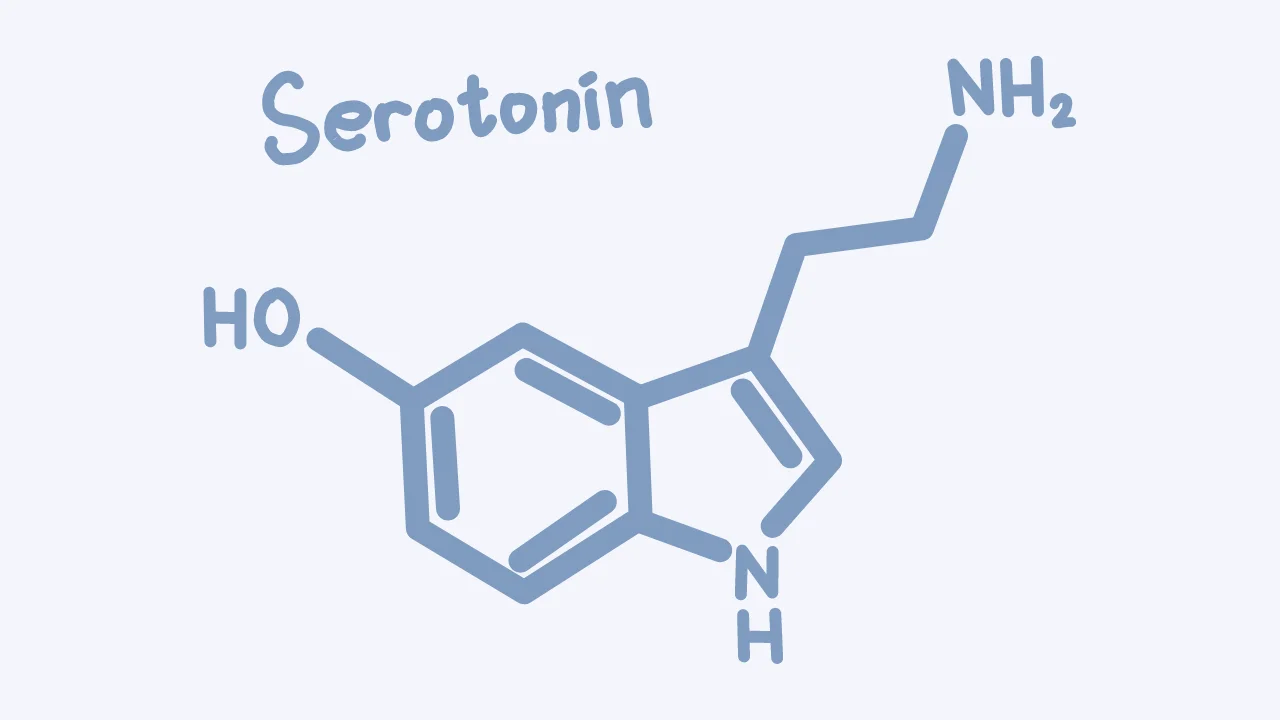
This neurotransmitter is produced primarily in the brain and is responsible for transmitting messages between nerve cells, influencing various aspects of mental health. Serotonin levels are closely linked to feelings of happiness, relaxation, and overall emotional balance.
When serotonin levels are low, individuals may experience symptoms of depression, anxiety, and mood disorders. Therefore, maintaining adequate serotonin production is vital for promoting a positive mood and supporting mental well-being.
Why is Serotonin Important?
Understanding the importance of serotonin is vital as it directly influences mental health, happiness levels, and overall emotional well-being.
Serotonin plays a crucial role in regulating mood, cognition, and behavior. When serotonin levels are balanced, individuals often experience a sense of well-being, calmness, and satisfaction. This neurotransmitter is involved in controlling impulses, managing stress, and enhancing social interactions.

A deficiency in serotonin can contribute to symptoms of depression, anxiety, and even sleep disturbances. Serotonin imbalance may impact memory, appetite, and even libido. It is essential to maintain optimal serotonin levels through various lifestyle factors, such as regular exercise, a balanced diet, and sufficient sleep, to support emotional stability and mental health.
What are the Symptoms of Low Serotonin Levels?
Low serotonin levels can manifest in various symptoms such as depression, anxiety, insomnia, and irritability, indicating an imbalance in the neurotransmitter.
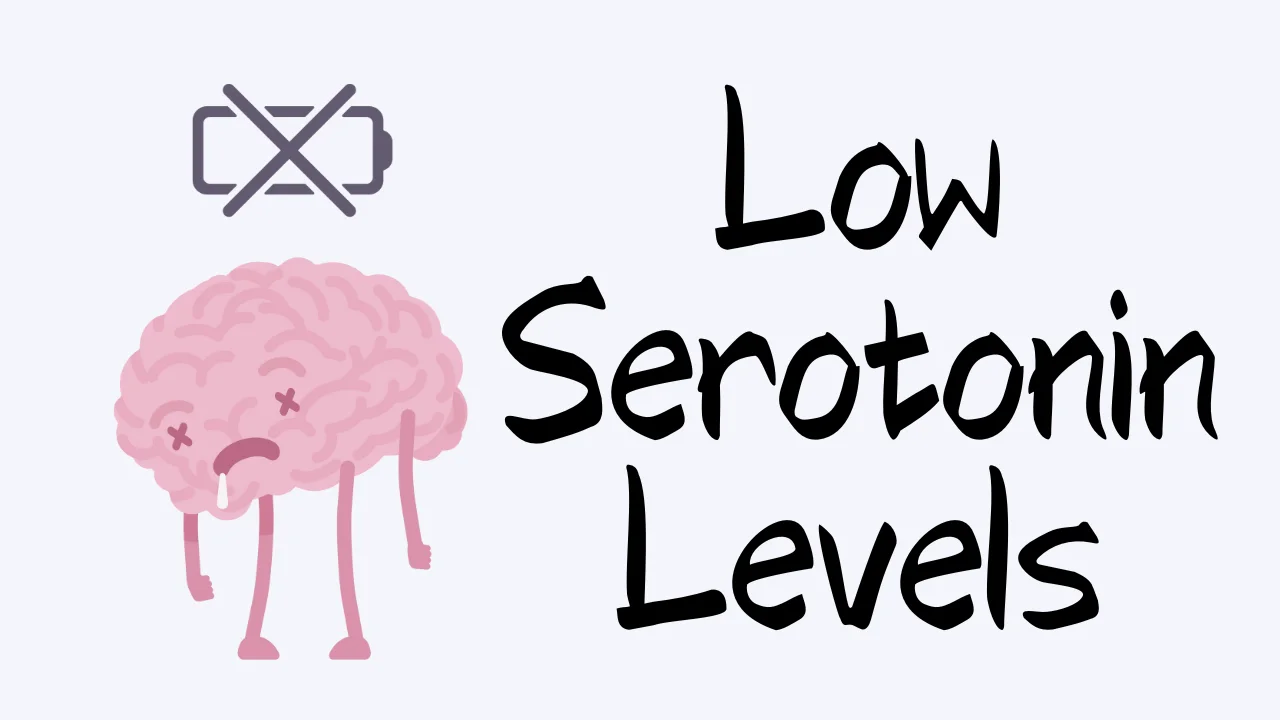
When serotonin levels are low, individuals may experience persistent feelings of sadness, hopelessness, or worthlessness, which are common signs of depression. Anxiety disorders can also be exacerbated, leading to excessive worry, panic attacks, and difficulty managing stress. Sleep patterns may be disrupted, with sleeplessness or restless sleep contributing to fatigue and irritability during the day. Mood regulation becomes challenging, with emotional highs and lows that are difficult to control, impacting overall emotional stability and hindering one's ability to function optimally in daily life.
Depression
Depression, often linked to low serotonin levels, is a common mental health disorder characterized by persistent feelings of sadness, hopelessness, and disinterest in daily activities.

Serotonin, a neurotransmitter known as the 'feel-good' chemical, plays a crucial role in regulating mood and emotional well-being. When serotonin levels are insufficient, communication between brain cells is disrupted, leading to disrupted mood regulation, which can manifest as depressive symptoms.
Research suggests that imbalances in serotonin levels can contribute to the development and severity of depressive disorders. By understanding the connection between serotonin deficiency and depression, healthcare professionals can explore targeted treatments, such as selective serotonin reuptake inhibitors (SSRIs), to restore balance and alleviate depressive symptoms.
Anxiety
Anxiety, often associated with low serotonin levels, is a condition characterized by excessive worry, fear, and nervousness that can significantly impact daily functioning and well-being.

Serotonin, a neurotransmitter known for its mood-regulating qualities, plays a crucial role in managing stress levels and controlling anxiety responses in the body. When there is a deficiency in serotonin, the communication between brain cells can be disrupted, leading to an imbalance that contributes to heightened anxiety. This imbalance can manifest in various anxiety-related symptoms, such as panic attacks, social anxiety, or generalized anxiety disorder. Understanding the intricate connection between serotonin levels and anxiety disorders is essential for effective treatment and management strategies."
Insomnia
Insomnia, often influenced by serotonin levels, is a sleep disorder characterized by difficulty falling asleep, staying asleep, or experiencing restful sleep, leading to daytime fatigue and impaired cognitive function.

Serotonin, a neurotransmitter in the brain, plays a pivotal role in regulating various functions, including mood, appetite, and sleep. In the context of sleep, serotonin helps to promote relaxation and contributes to the regulation of the sleep-wake cycle. When there is a deficiency in serotonin levels, it can disrupt these mechanisms, leading to difficulties in falling asleep and maintaining a healthy sleep pattern. This imbalance of serotonin can result in the development or exacerbation of insomnia, causing individuals to struggle with obtaining adequate and restorative sleep.
Irritability
Irritability, often associated with low serotonin levels, is a common symptom characterized by heightened sensitivity, mood swings, and reactive behavior in response to various stimuli.

Serotonin, a neurotransmitter that plays a crucial role in mood regulation and emotional stability, helps to promote feelings of well-being and contentment.
When there is a deficiency in serotonin, it can lead to disruptions in emotional balance, making individuals more vulnerable to mood disturbances and irritability.
This neurotransmitter also assists in regulating the body's stress response, influencing how individuals cope with challenging situations and adapt to stressors in their environment.
How to Increase Serotonin Levels Naturally?
Boosting serotonin levels naturally can be achieved through various methods such as regular exercise, exposure to sunlight, consumption of foods rich in tryptophan, mindfulness practices, and engaging in social activities.
- Engaging in regular exercise is one of the most effective ways to increase serotonin production. Physical activity stimulates the brain to release endorphins, which in turn can elevate serotonin levels.
- Spending time outdoors and getting sunlight exposure is vital for serotonin synthesis. Tryptophan-rich foods like turkey, nuts, seeds, and dairy products provide the building blocks for serotonin.
- Practicing mindfulness techniques and meditation can help calm the mind, reduce stress, and enhance serotonin production. Engaging in social interactions and fostering meaningful connections also play a key role in boosting serotonin levels naturally.
Exercise Regularly
Regular physical exercise is a powerful way to boost serotonin levels, improve mood, and promote overall well-being by triggering the release of endorphins and enhancing brain serotonin production.
Various forms of exercise, such as aerobic activities like running, cycling, or swimming, have been shown to significantly increase serotonin synthesis and release in the brain. Strength training exercises, yoga, and Pilates can also help enhance serotonin levels, leading to reduced feelings of anxiety and depression. Engaging in outdoor activities like hiking or gardening not only provides physical benefits but can also have a positive impact on serotonin production. By incorporating a variety of physical activities into your routine, you can effectively support your emotional well-being and combat stress.
Get Enough Sunlight
Sunlight exposure is essential for maintaining optimal serotonin levels as sunlight stimulates the production of vitamin D, a precursor to serotonin, and promotes a positive impact on mental health and mood regulation.

The connection between sunlight exposure, vitamin D synthesis, and serotonin production is crucial in understanding the intricate relationship between natural light and emotional well-being.
When sunlight interacts with the skin, it triggers the synthesis of vitamin D, which plays a key role in supporting serotonin levels. Serotonin, often referred to as the 'happy hormone,' is responsible for regulating mood, sleep, and appetite.
Consequently, adequate exposure to sunlight is linked to improved mental health outcomes and can help combat conditions like seasonal affective disorder and depression.
Eat Foods Rich in Tryptophan
Consuming foods high in tryptophan, an essential amino acid precursor to serotonin, can support serotonin production, reduce cravings, and improve overall nutritional well-being.
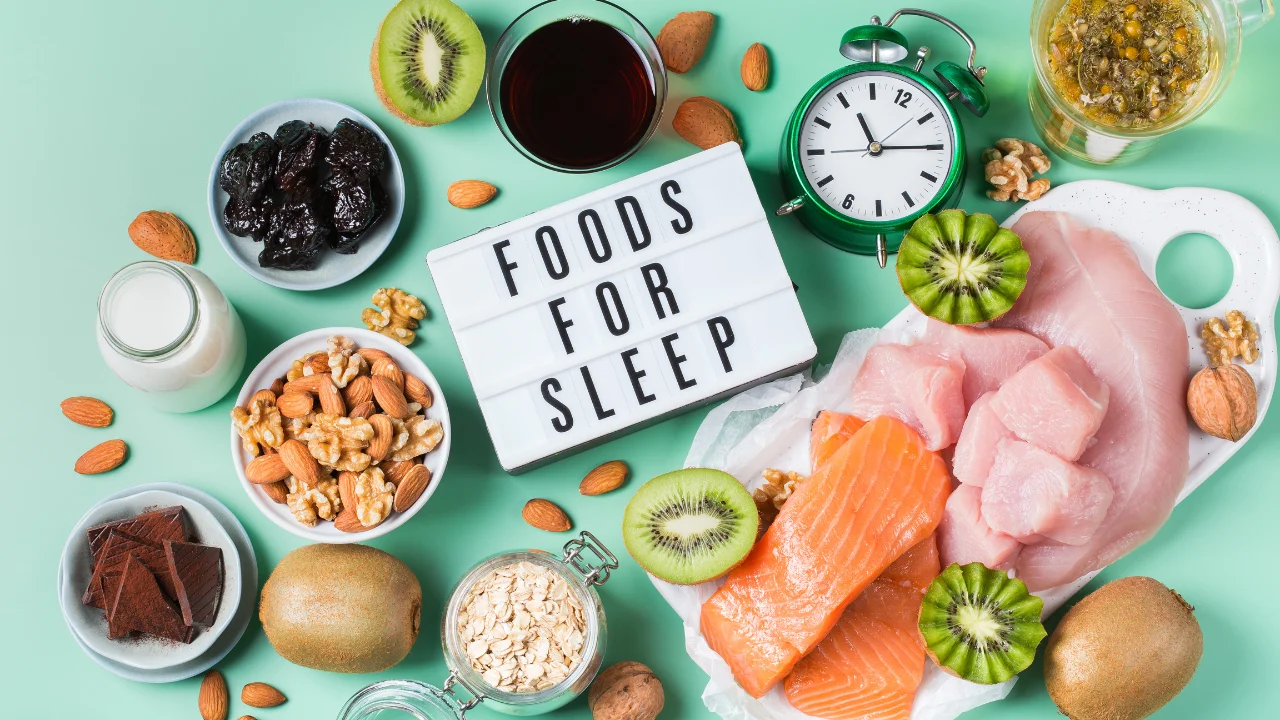
Tryptophan plays a crucial role in the synthesis of serotonin, a neurotransmitter responsible for regulating mood, appetite, and sleep.
By incorporating tryptophan-rich foods like turkey, lentils, and nuts into your diet, you can effectively boost serotonin levels in the brain. This, in turn, may help to alleviate feelings of anxiety and depression, enhance cognitive function, and promote a sense of well-being.
A well-balanced diet that includes adequate levels of tryptophan is essential for maintaining optimal brain health and overall mental wellness.
Practice Mindfulness and Meditation
Engaging in mindfulness practices and meditation techniques can promote relaxation, reduce stress, and increase serotonin levels by calming the mind and enhancing emotional balance.
These practices have been shown to have a significant impact on mental health and overall well-being. By cultivating a sense of awareness and inner peace, individuals can better cope with the daily challenges and pressures of life. Mindfulness and meditation also help in improving focus, cognitive function, and emotional intelligence.
Not only do these practices provide a moment of stillness in a fast-paced world, but they also support better stress management by fostering a positive outlook and resilience in the face of adversity.
Engage in Social Activities
Participating in social activities and fostering meaningful relationships can boost serotonin levels, enhance social bonding, and promote feelings of happiness, connection, and well-being.

Positive social interactions play a crucial role in the regulation of serotonin, a neurotransmitter that influences mood and emotions. When individuals engage in social activities and maintain strong relationships, their brain releases serotonin leading to feelings of joy and contentment. Social support from friends and loved ones can act as a buffer against stress, anxiety, and depression.
Studies have shown that increased social engagement is linked to higher levels of serotonin production, which contributes to improved mental well-being and overall happiness. The power of positive relationships in nurturing emotional health cannot be overstated.
What Supplements Can Help Increase Serotonin Levels?
Certain supplements like 5-HTP, St. John's Wort, Omega-3 fatty acids, and Vitamin D can help increase serotonin levels by providing precursors and nutrients essential for serotonin synthesis and neurotransmission.
- 5-HTP, a precursor to serotonin, is known for its ability to cross the blood-brain barrier and convert into serotonin. This process helps to improve mood, reduce anxiety, and promote better sleep patterns.
- St. John's Wort, on the other hand, contains compounds that can inhibit the reuptake of serotonin, allowing it to remain in the brain for longer periods.
- Omega-3 fatty acids, commonly found in fish oil, play a crucial role in maintaining healthy brain function and supporting neurotransmitter signaling, including serotonin production.
Incorporating these supplements into your daily routine can be a natural way to enhance serotonin levels and support emotional well-being.
5-HTP
5-HTP, a natural amino acid that serves as a precursor to serotonin, can be effective in boosting serotonin levels, improving mood, and alleviating symptoms of depression and anxiety.
Research has shown that 5-HTP plays a vital role in supporting serotonin synthesis in the brain. By increasing the availability of serotonin, 5-HTP helps regulate mood, promote feelings of well-being, and reduce stress and anxiety. The conversion process of 5-HTP into serotonin occurs in the brain, enhancing neurotransmission and communication between nerve cells. This neurotransmitter modulation can lead to positive effects on mental health, such as improved sleep patterns, better emotional stability, and increased resilience to everyday stressors.
St. John's Wort
St. John's Wort, a herbal supplement known for its serotonin-enhancing properties, can help regulate mood, reduce symptoms of depression, and support emotional well-being by modulating serotonin levels in the brain.
These serotonin-enhancing effects are crucial in managing conditions like anxiety and stress, as serotonin plays a key role in regulating emotions and mood. By enhancing serotonin function, St. John's Wort contributes to a sense of calmness and improved mental well-being.
Studies suggest that the therapeutic potential of St. John's Wort extends to promoting better sleep quality and cognitive function, further emphasizing its positive impact on overall mental health. This natural remedy has garnered attention for its ability to provide an alternative approach to conventional antidepressant medications.
Omega-3 Fatty Acids
Omega-3 fatty acids, essential nutrients found in fish oil and certain foods, can support brain health, enhance serotonin function, and promote overall cognitive well-being by optimizing neurotransmitter activity.
These healthy fats play a crucial role in maintaining the integrity of cell membranes in the brain, which is essential for proper communication between neurons. By aiding in neurotransmitter regulation, Omega-3s can enhance mental clarity, focus, and memory. Research suggests that regular consumption of Omega-3s may also help in managing mood disorders and improving emotional balance, making them a key component in supporting both cognitive performance and emotional well-being.
Vitamin D
Vitamin D, often referred to as the sunshine vitamin, plays a critical role in serotonin synthesis, mood regulation, and overall well-being by promoting the conversion of tryptophan into serotonin in the brain.
This essential nutrient acts as a precursor to serotonin, a neurotransmitter that influences our mood and emotional state. Serotonin is often dubbed as the 'feel-good' neurotransmitter for its role in promoting feelings of happiness and well-being.
When our bodies lack Vitamin D, it can lead to lower serotonin levels, potentially contributing to mood disorders such as depression and anxiety. Sunlight exposure is a primary source of Vitamin D synthesis in our bodies, and this connection between sunlight, Vitamin D, and serotonin production underscores the significance of getting adequate sunlight exposure for emotional health.
When to Seek Professional Help?
It is essential to seek professional help if you experience symptoms of serotonin syndrome or toxicity, which can result from excessive serotonin levels and pose serious health risks.
Understanding the signs of serotonin syndrome is crucial to prompt intervention. Symptoms may include agitation, confusion, rapid heartbeat, dilated pupils, high fever, muscle rigidity, and sweating excessively.
Individuals experiencing serotonin toxicity may also exhibit tremors, diarrhea, headaches, and in severe cases, seizures or unconsciousness. These effects can be exacerbated by the interaction of certain medications or supplements, emphasizing the need for medical evaluation to prevent potential complications.
Seeking timely medical assistance is vital in managing serotonin imbalances to ensure the well-being and safety of those affected.
Take Charge of
Your Brain Health Today!
Shop Now!
Similar Articles:
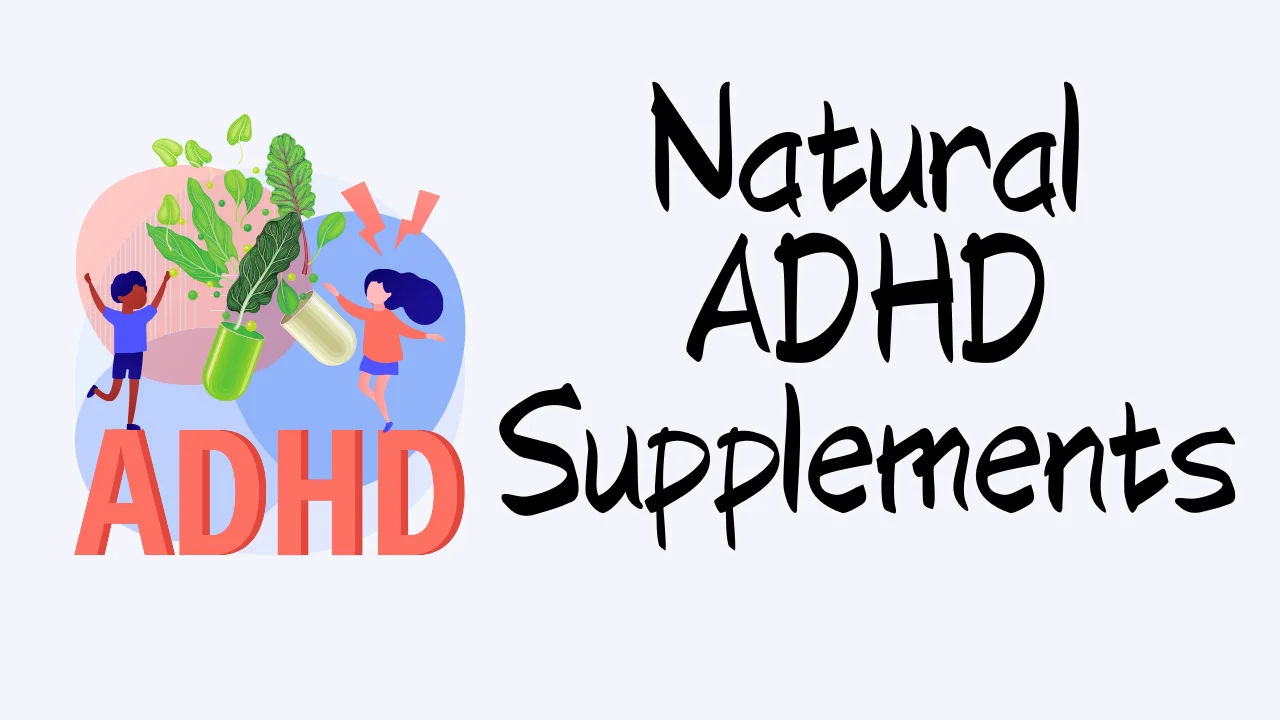
Natural ADHD Supplements
Attention-Deficit/Hyperactivity Disorder (ADHD) is a neurodevelopmental condition characterized...
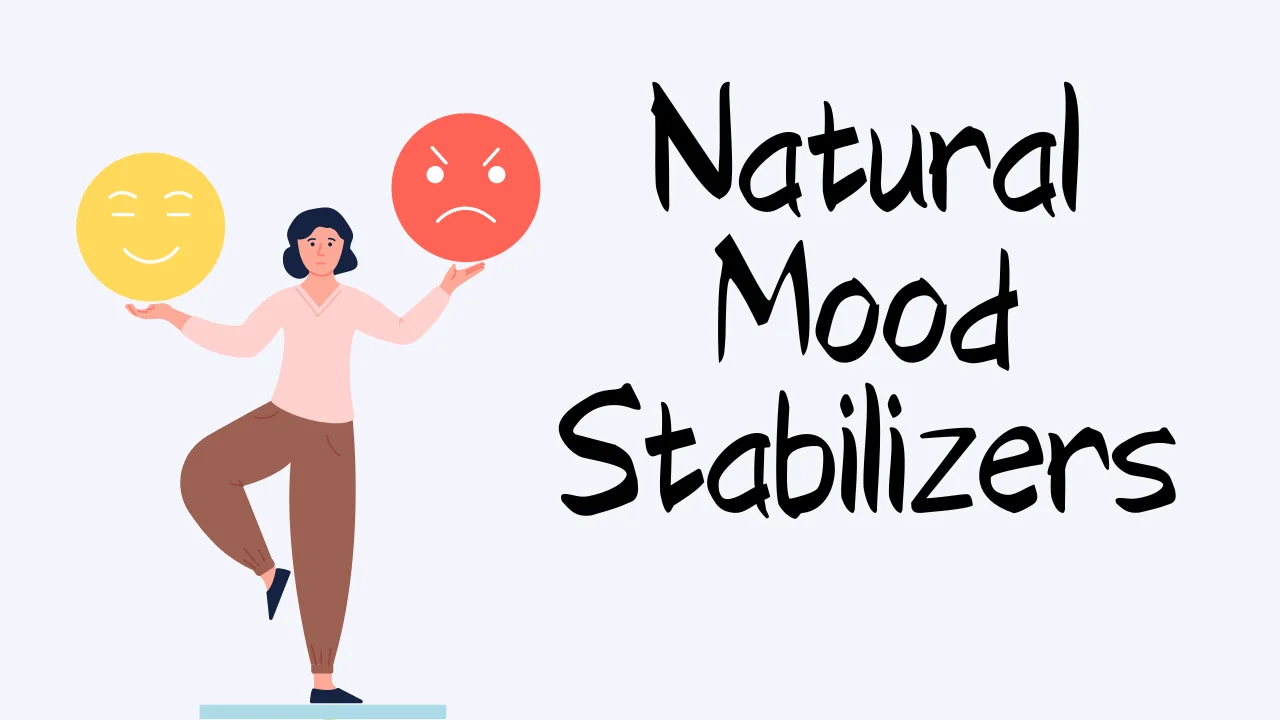
Natural Mood Stabilizers
Natural mood stabilizers have been gaining attention for their potential to manage mood fluctuations without...
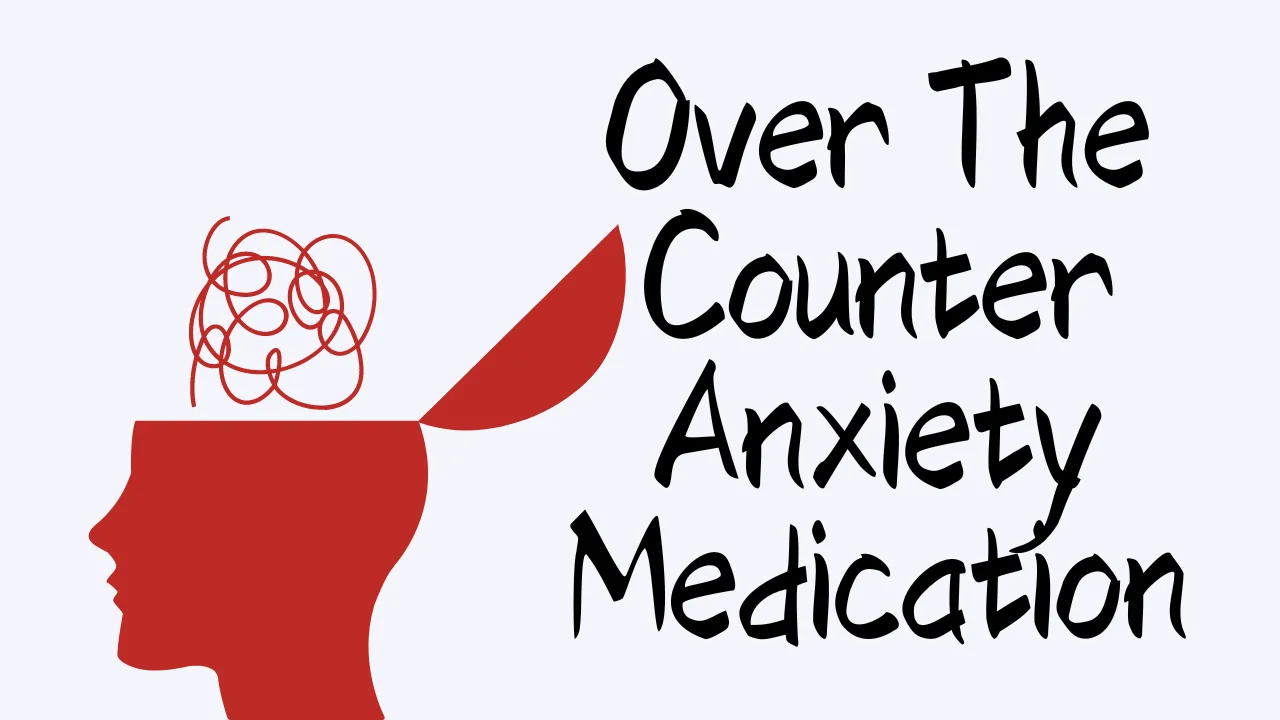
Over The Counter Anxiety Medication
Anxiety is a common mental health issue that can have a significant impact on daily life...